Labour union says Hong Kong’s minimum wage hike insufficient
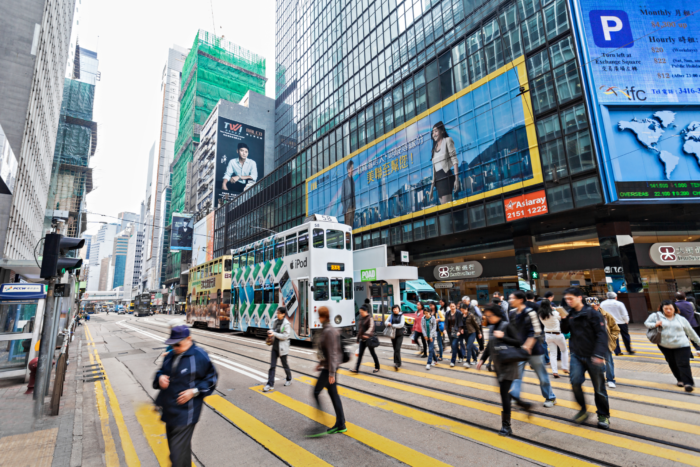
The Minimum Wage Commission reached a consensus last Thursday to raise the minimum wage to HK$40, a 6.7% increase.
Indonesia advocates workplace safety and health

Organisations have been urged to implement and observe labour norms that address wages, social assistance, as well as work safety and health.
Firms in the Philippines told to pay 13th month wages or face sanction

A senator has proposed that firms are penalised if they fail to pay employees their 13th month wages before December 24.
Employers in the Philippines urged to adopt alternative workplace schemes

The telecommuting law in the Philippines has been revised to ensure flexible work arrangements without compromising employees’ productivity.
Indonesia prioritises discrimination-free workplaces
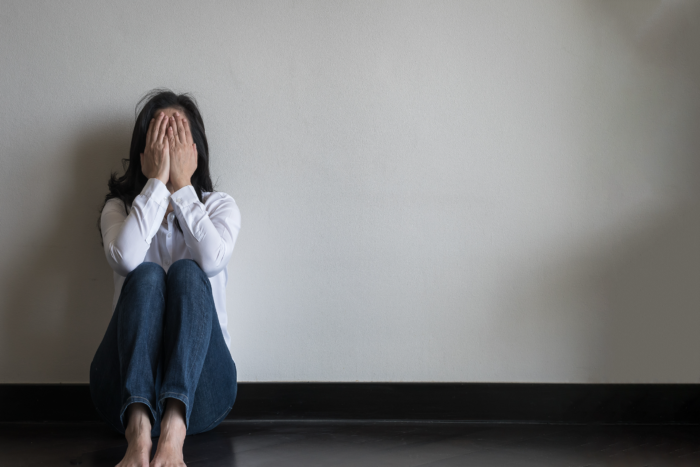
As sexual violence cases have a detrimental effect on productivity, it is critical that companies prevent such incidents, said the Manpower Ministry.
The Philippines proposes to consider commute time as working time
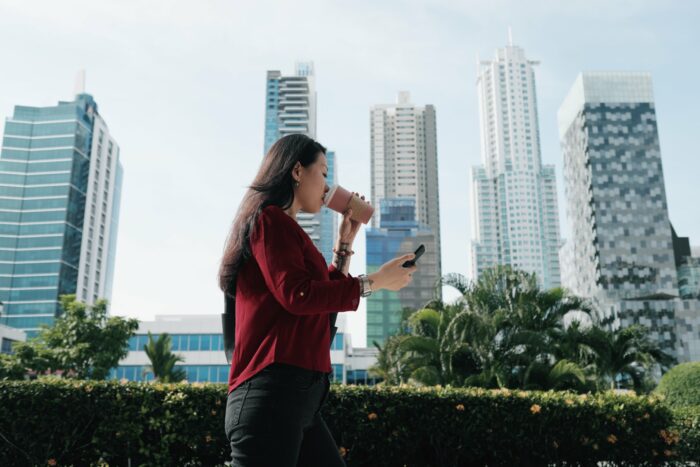
The work performed while commuting or in an alternative work environment constitutes regular work, says the Philippines Labour Department.
New guidelines established in the Philippines to address WFH concerns

The Department of Labour and Employment has signed an order that more clearly defines WFH workplaces and the work performed by employees.
Japan plans to review law to protect freelancers

A bill that aims to provide more protection to freelance workers will be submitted to Japan’s parliament this autumn.
Singapore amends job ad rule to streamline recruitment process

The government has reduced the job advertising duration under the Fair Consideration Framework (FCF) from four to two weeks.
Employment Act implementation set for further delay in Malaysia

The Federation of Malaysian Manufacturers (FMM) is considering requesting another deferral of the implementation of the amended Employment Act.
10-day paid bereavement leave proposed in the Philippines

Workers in both private and public sectors may soon be granted a 10-day bereavement leave with full pay if a proposed bill becomes law.
Indonesia’s wage subsidy support to reach 16 million workers

The Ministry of Manpower is making efforts to ensure that the wage subsidy assistance (BSU) can start to be distributed this month.
Increase of parental leave could potentially boost Australian economy

Unions have called for paid parental leave to be extended to 52 weeks, paying parents their actual wage and including superannuation.
Singapore sets up new workgroup for gig workers
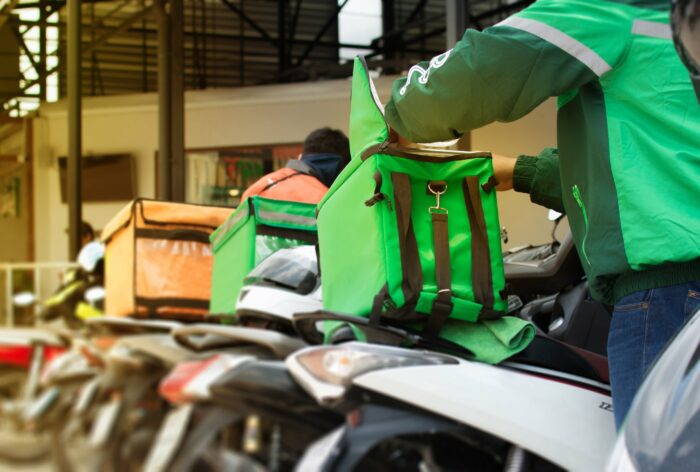
The Tripartite Workgroup on Representation for Platform Workers (TWG) will propose a framework for representation of digital platform workers.
Employers in Malaysia not ready for new minimum wage

Although the country increased the national minimum wage to RM1,500 (US$334) from May 1, compliance by businesses remains low.
Thai political party proposes gig workers union

The Thai Sang Thai Party has proposed setting up a labour union to improve welfare, benefits and offer training opportunities for gig workers.
Indonesian firms obligated to create wage structure
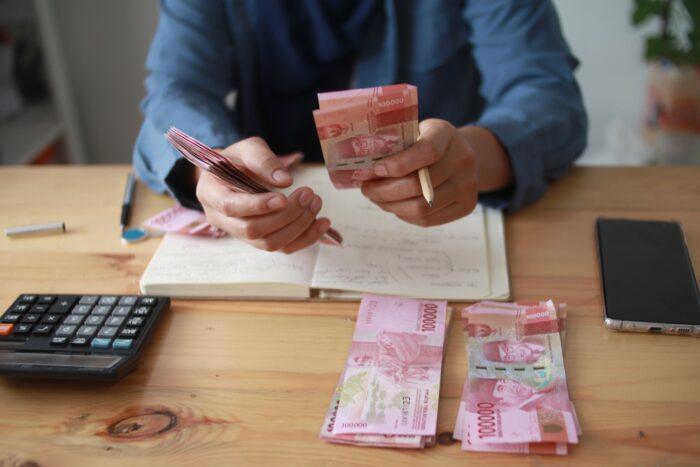
Besides serving as a guideline for businesses, the move will also bridge the gap between the lowest and highest earnings.
Industry stakeholders in India agree on allowances cap
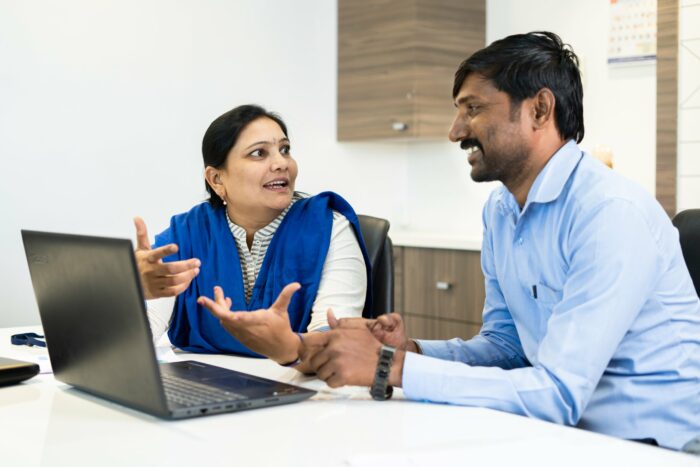
After a review of India’s salary structure, a new Wage Code that considers the ratio of allowances against salaries will be implemented.
Companies in Indonesia urged to enhance work health and safety
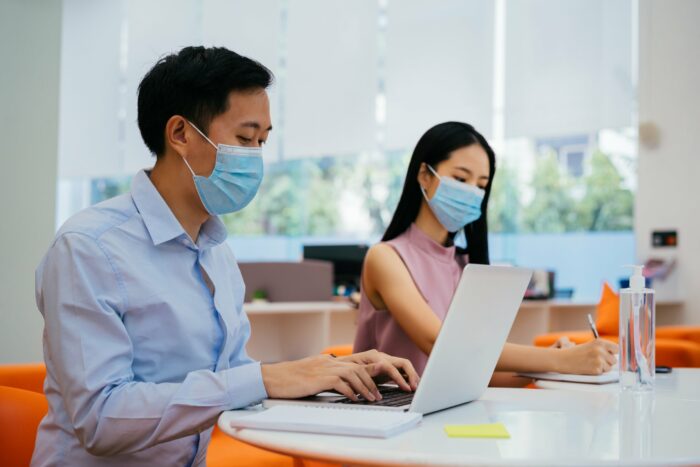
The government has urged firms to implement the Work Safety and Health Management System (SMK3) to protect workers and enhance work productivity.
Malaysian government asked to delay amendments to employment act
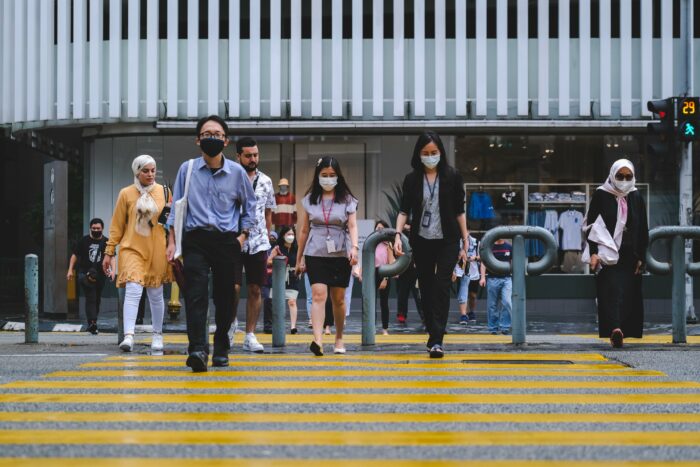
The Malaysian Employers Federation (MEF) cited economic reasons for delaying the implementation of the employment act amendments.
Indonesia outlines recommendations for developing tomorrow’s workforce

To produce human resources that are relevant to industrial dynamics, educational curricula that focus on practical skills are imperative.
Employers should have option of retaining retirees in the Philippines

The hiring and retaining of workers past retirement age should not be mandated and instead be left to the discretion of employers.
Malaysia urged to delay implementing reduced working hours

The Malaysian Employers Federation (MEF) has urged the government to postpone the reduction in weekly working hours.
Lawmaker pushes for unemployment insurance in the Philippines
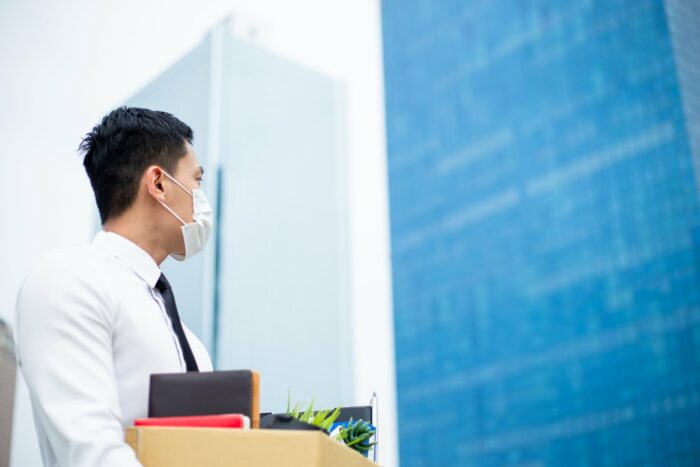
A new bill seeks to protect workers who have been laid off by providing assistance during periods of unemployment.
India plans to ease WFH rules for special economic zones

This is to sort out differences in opinions of remote work between developers and IT companies in special economic zones (SEZs).
Australia union urges focus on wage growth and full employment

The Australia Council of Trade Unions (ACTU) has called for an economic restructure that bring benefits to Australians rather than firms.
Thai employers’ body disagrees with minimum wage hike

The Federation of Thai Industries (FTI) is objecting to the Labour Ministry’s plan to enforce a new minimum wage hike on October 1.
South Korea mandates some workplaces to provide rest facilities

The labour ministry is now making it compulsory for all workplaces employing a certain number of regular employees to provide rest facilities for their staff.
Malaysia to introduce shorter working hours
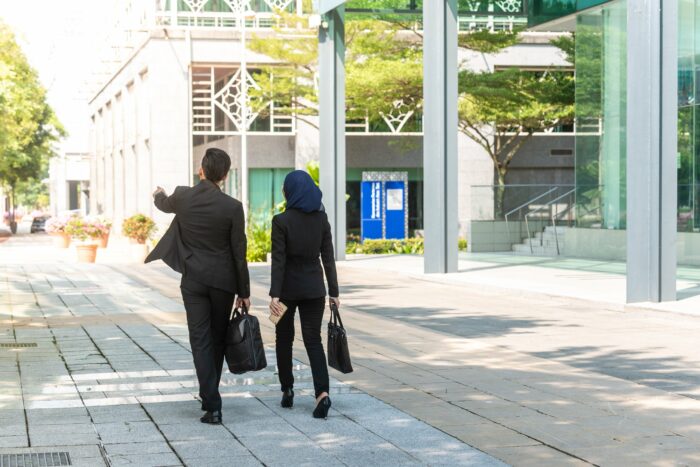
Working hours in the country will be reduced to 45 hours from the current 48, according to amendments to the Employment Act.
Some companies in Malaysia defy minimum wage rule
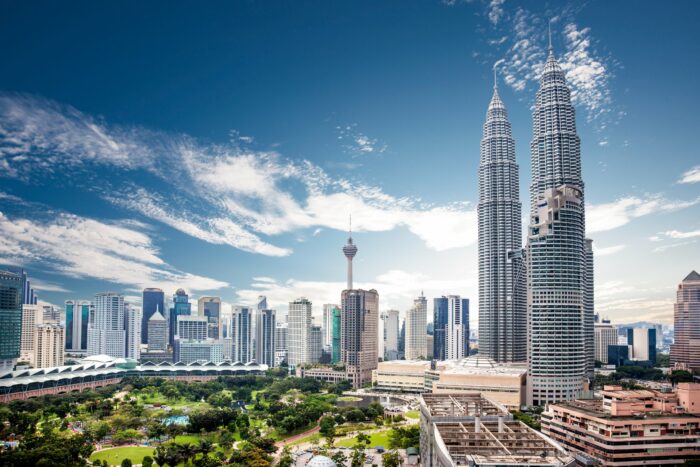
The Malaysian Trades Union Congress (MTUC) has claimed that there are still several companies which have not complied with the new minimum wage rule.
